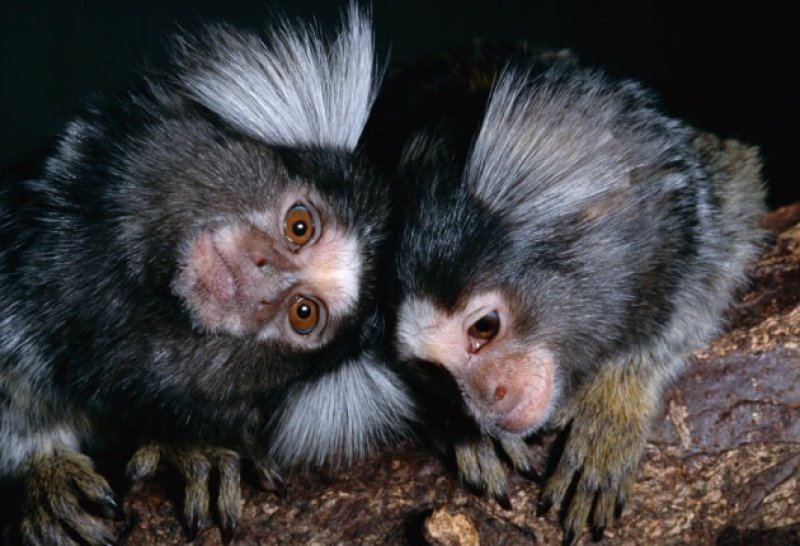Anthony Chan spent two years creating the first five monkeys in the world to be genetically engineered with human mutations — in this case, for Huntington’s disease. But three of the five monkeys, reported in 2008, developed severe symptoms of Huntington’s much more quickly than anticipated, and had to be killed within a month of birth.
Chan, a geneticist at Emory University in Atlanta, Georgia, and other scientists around the world are now eyeing precision genome-editing techniques that solve such problems by using enzymes and RNA instead of viruses. Many have high hopes that transgenic monkeys will mimic human genetic conditions more faithfully than mice — and thus permit better drug-development tests and accelerate basic research in neuroscience.
Read the full, original story here: Precision gene editing paves way for transgenic monkeys
Additional Resources:
- “‘The more we looked into the mystery of Crispr, the more interesting it seemed’,” Independent
- “The CRISPR Craze,” Science
































